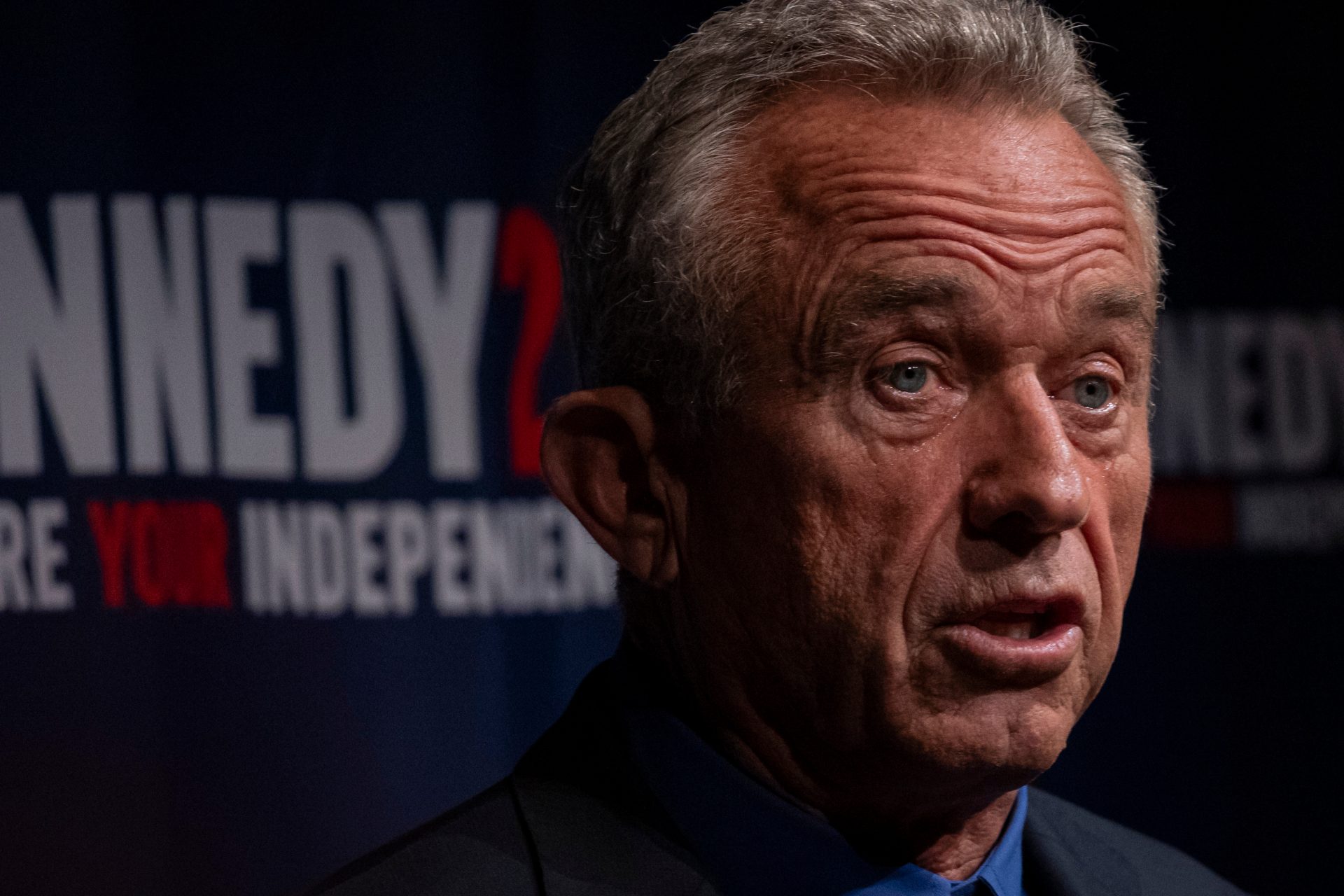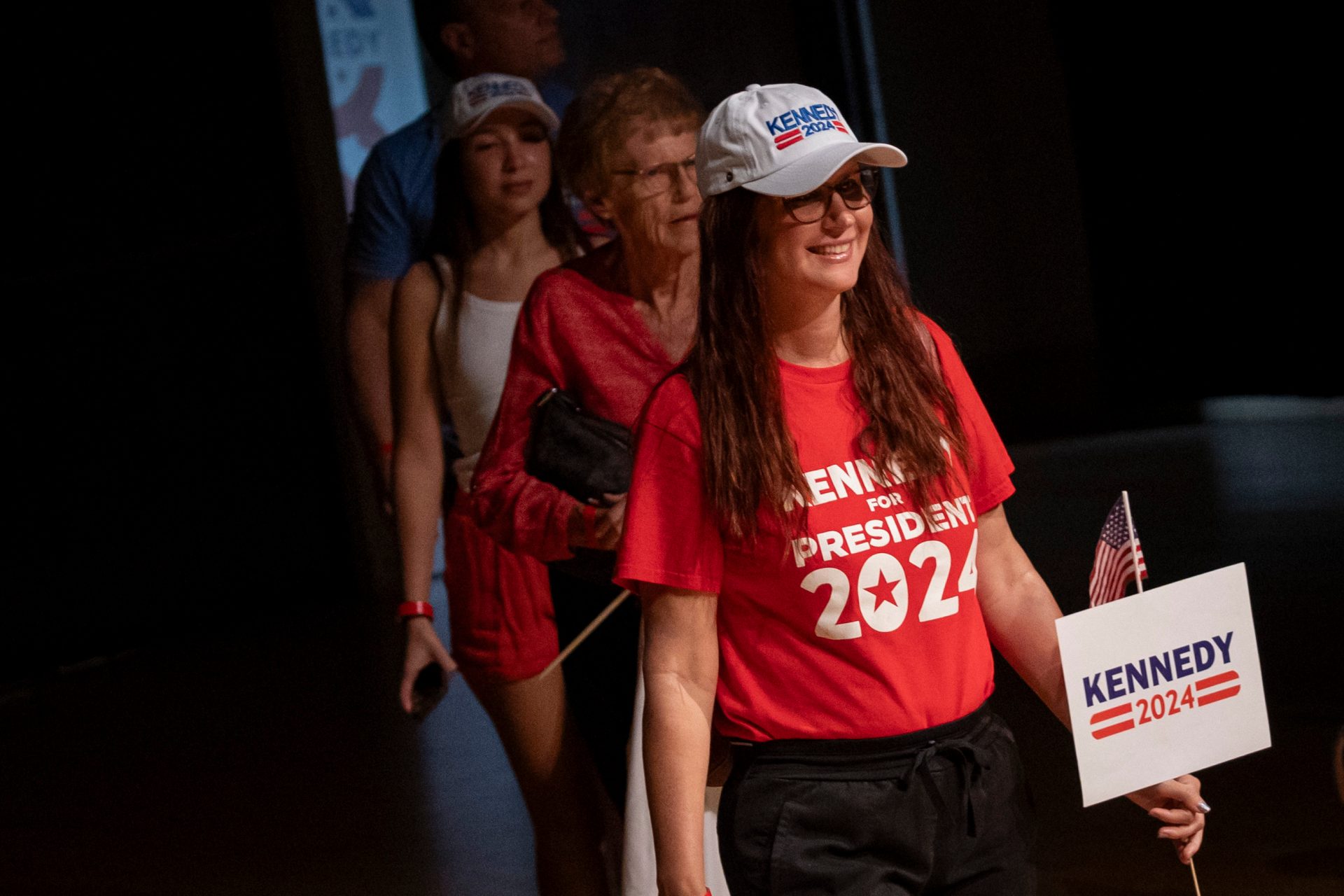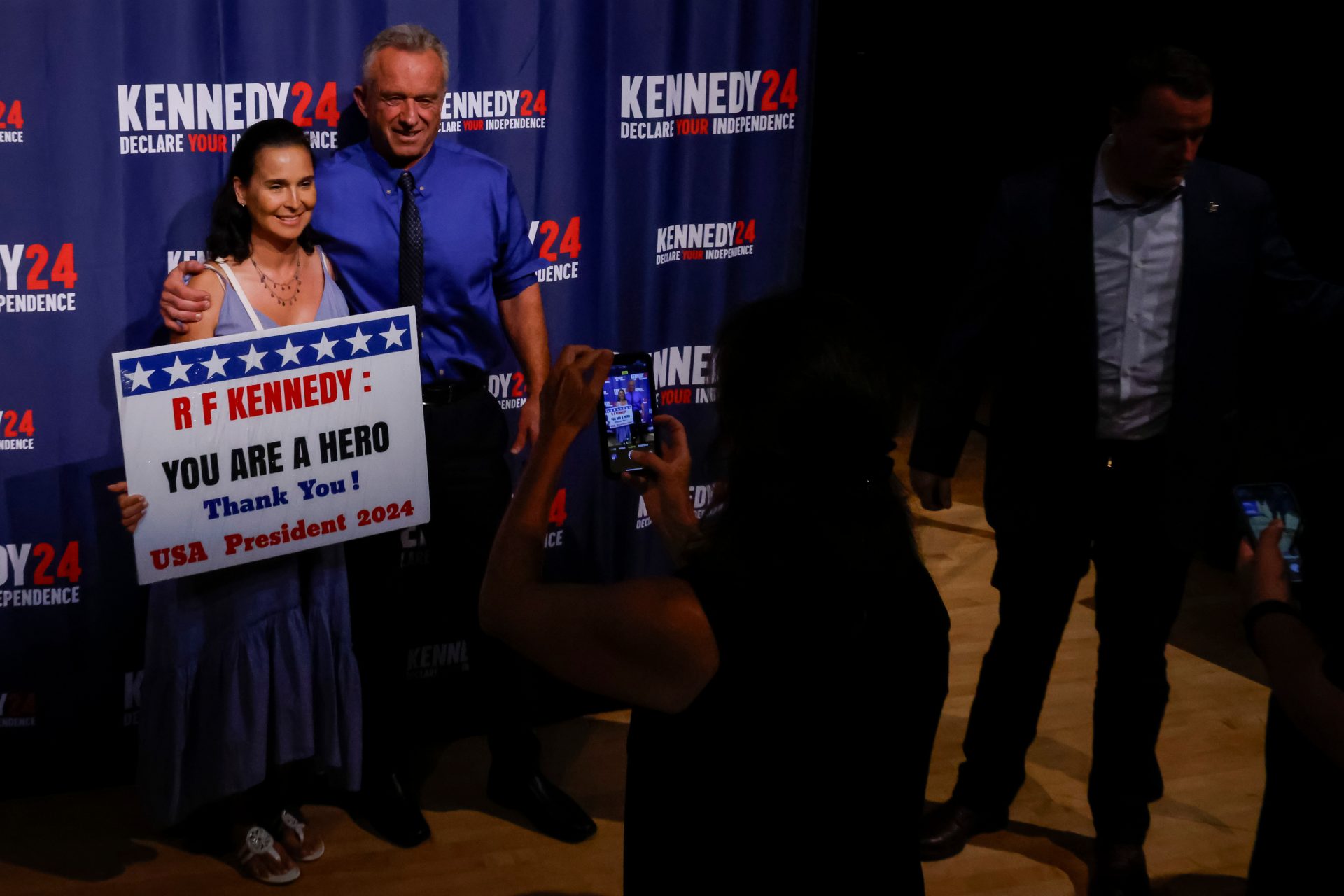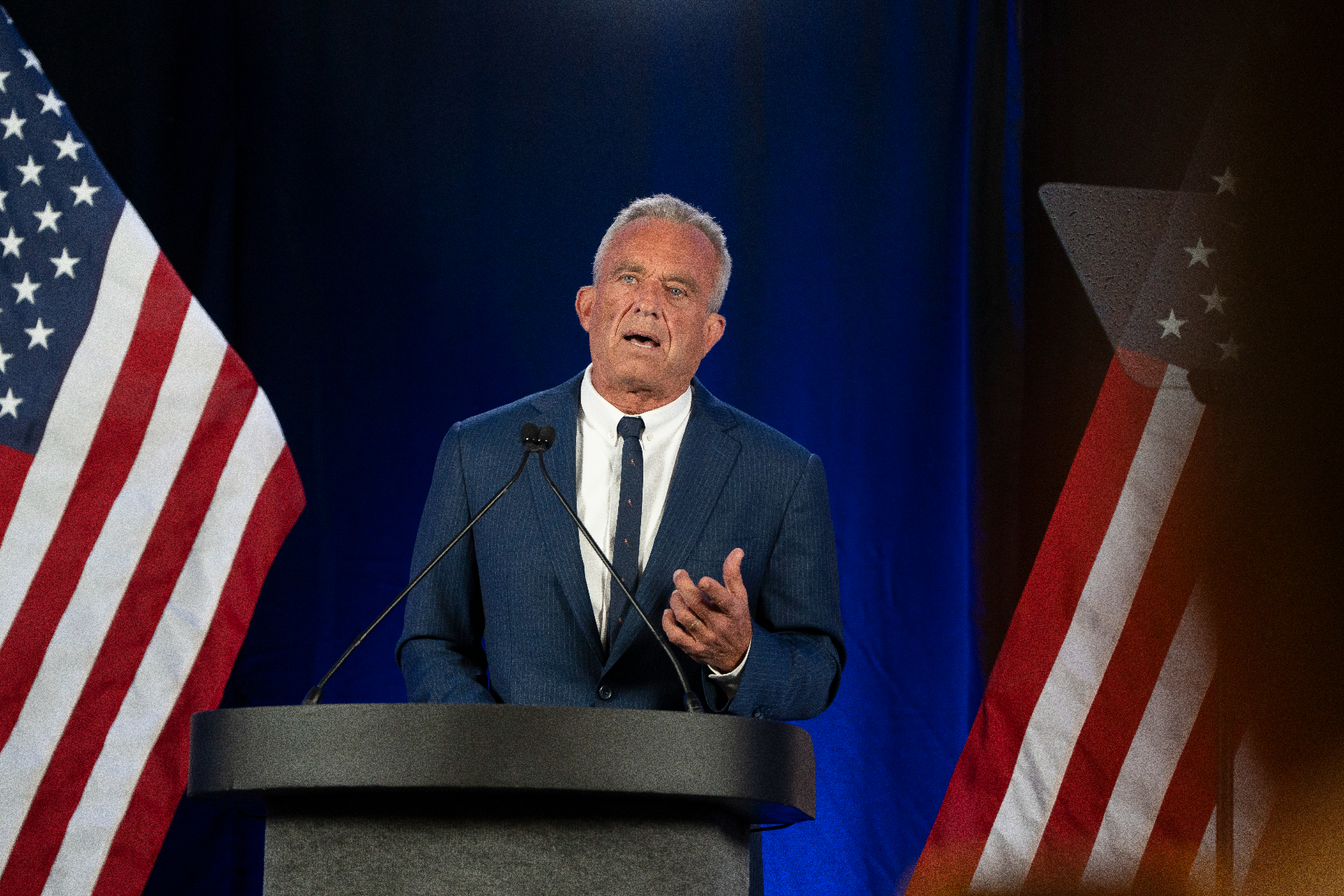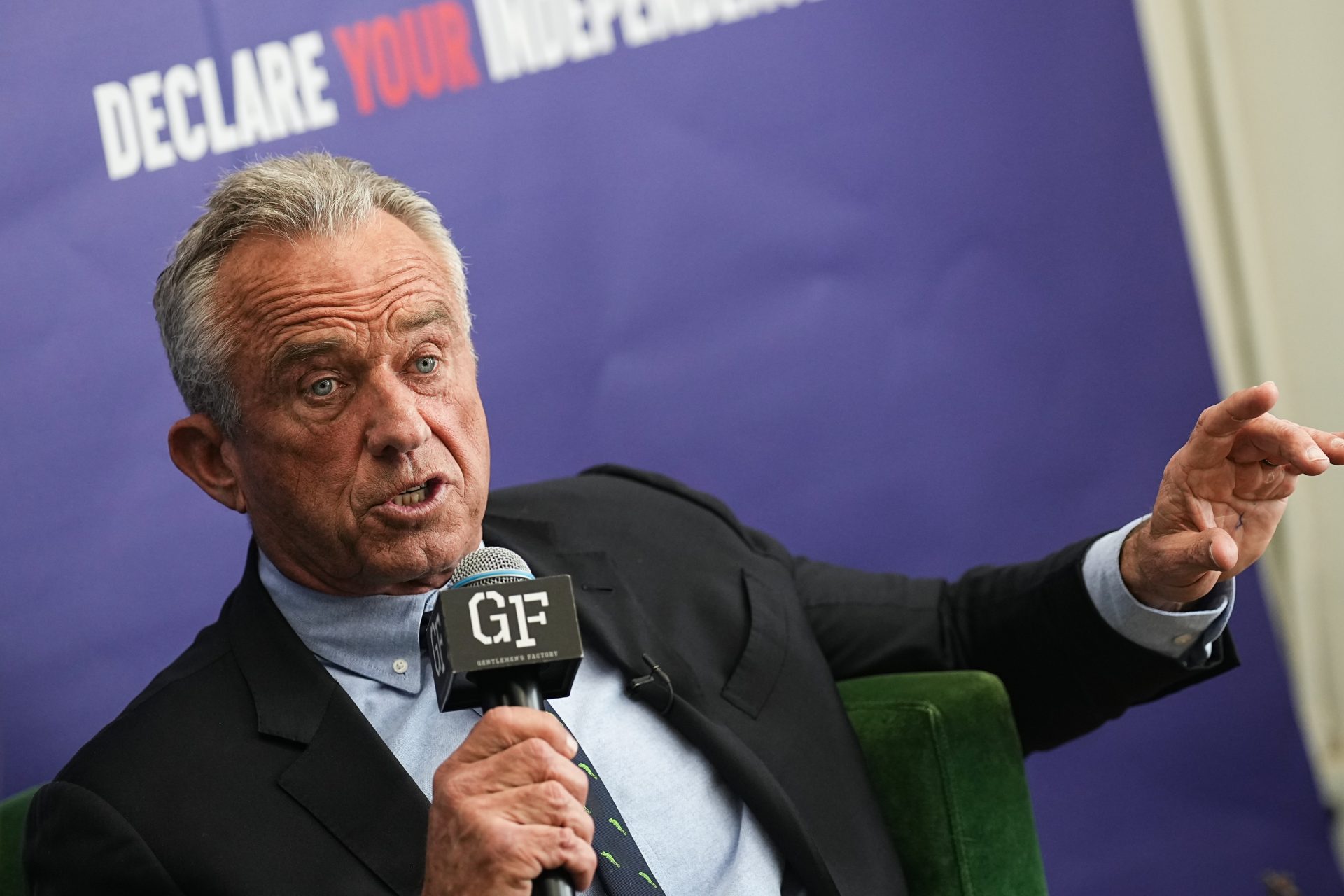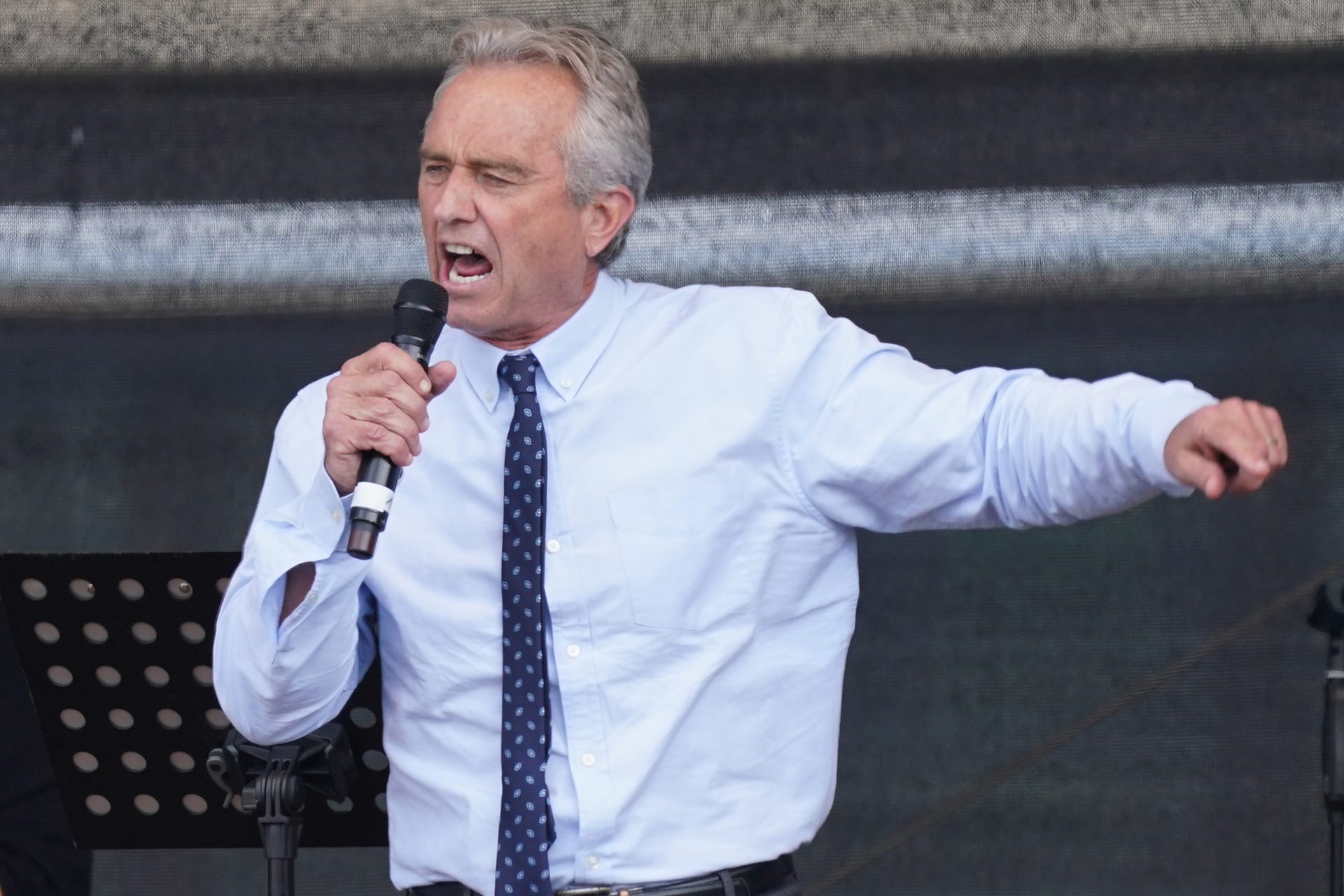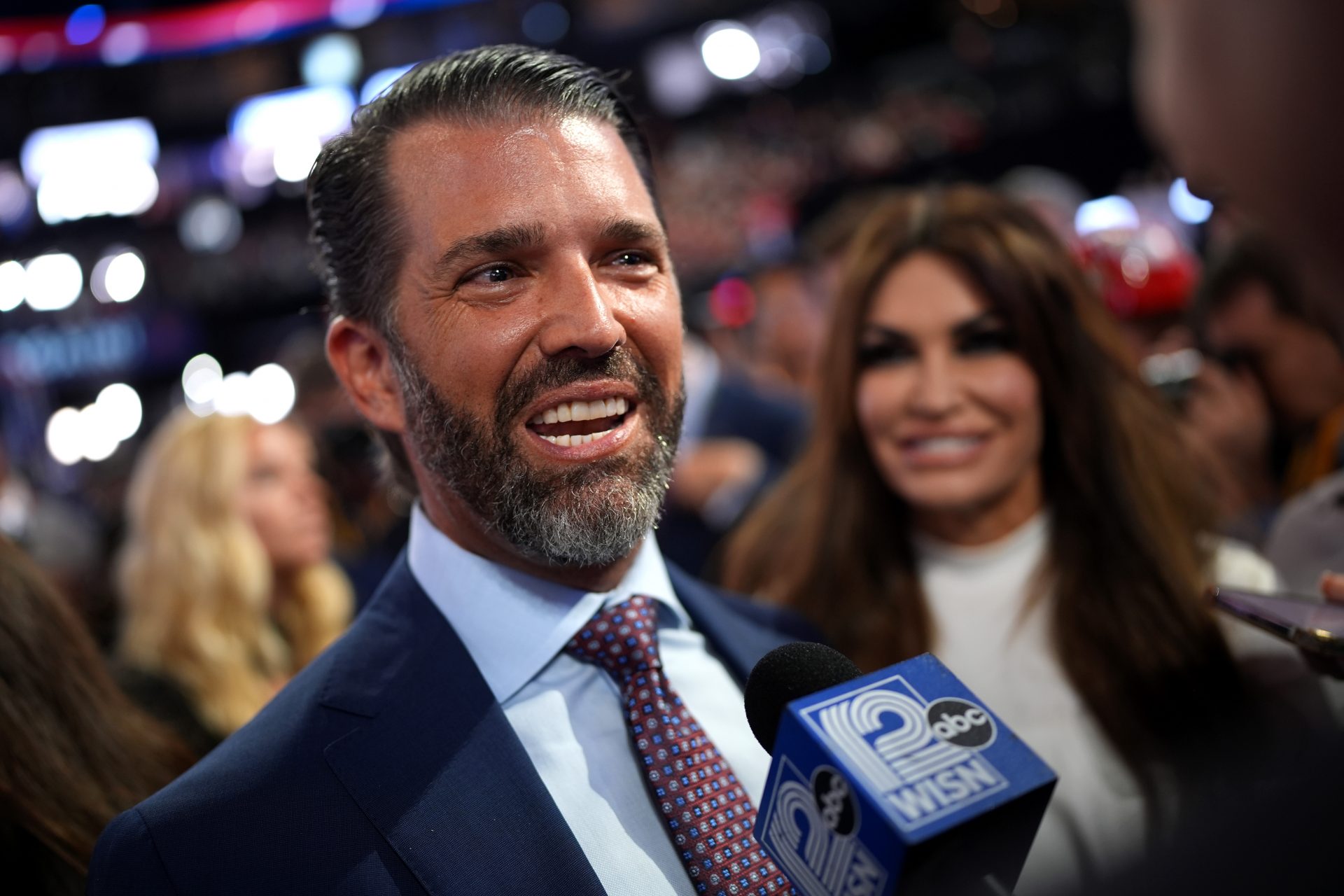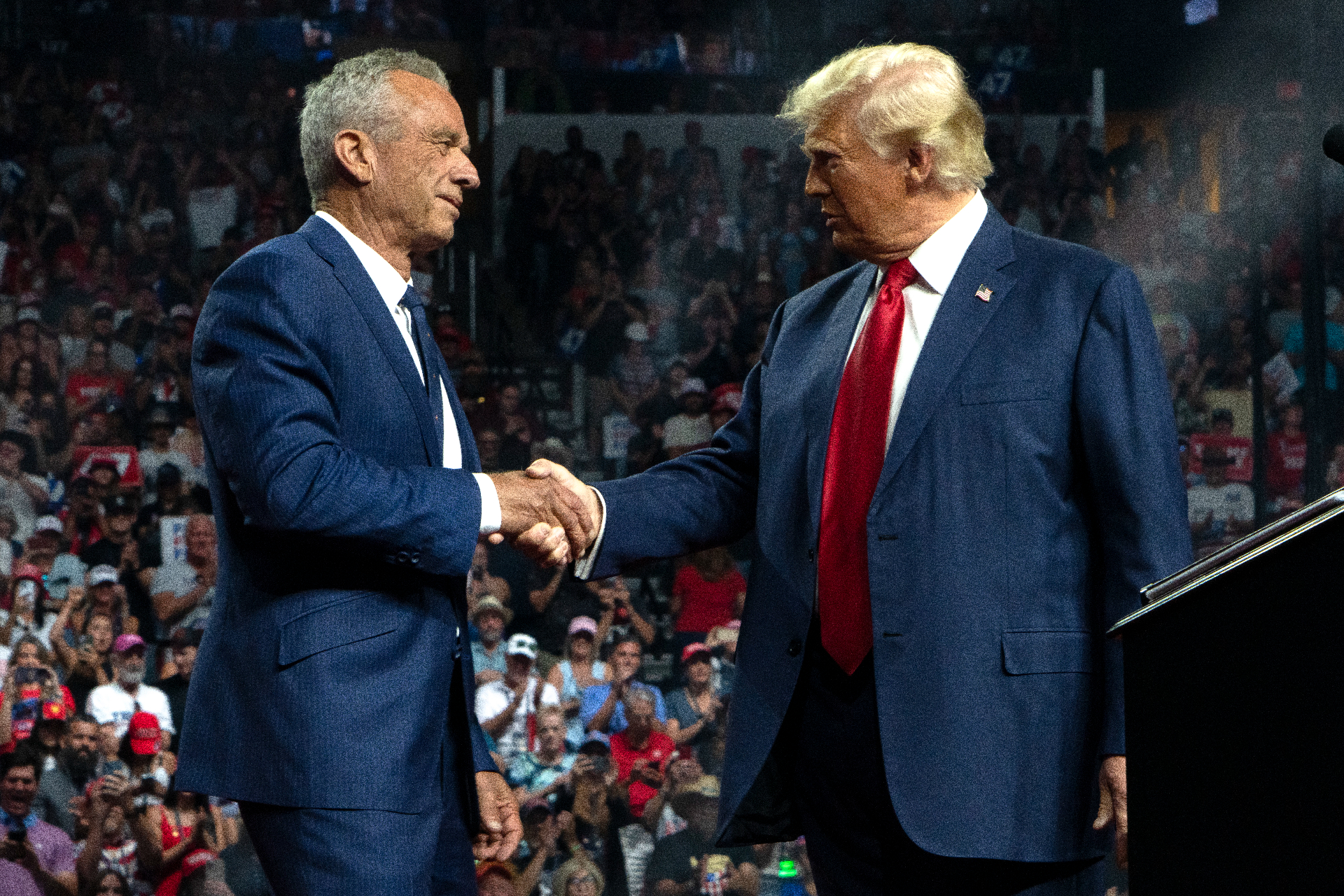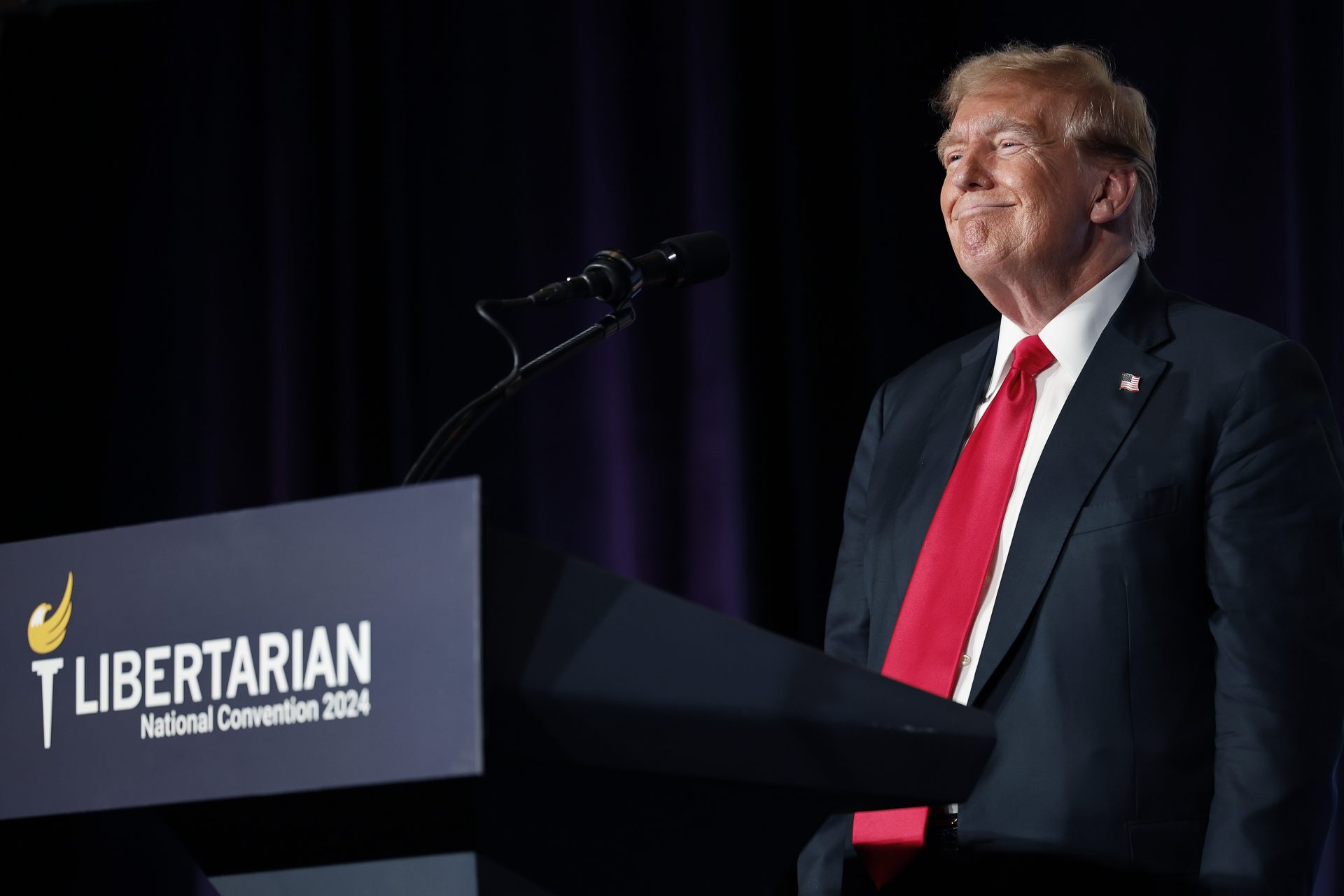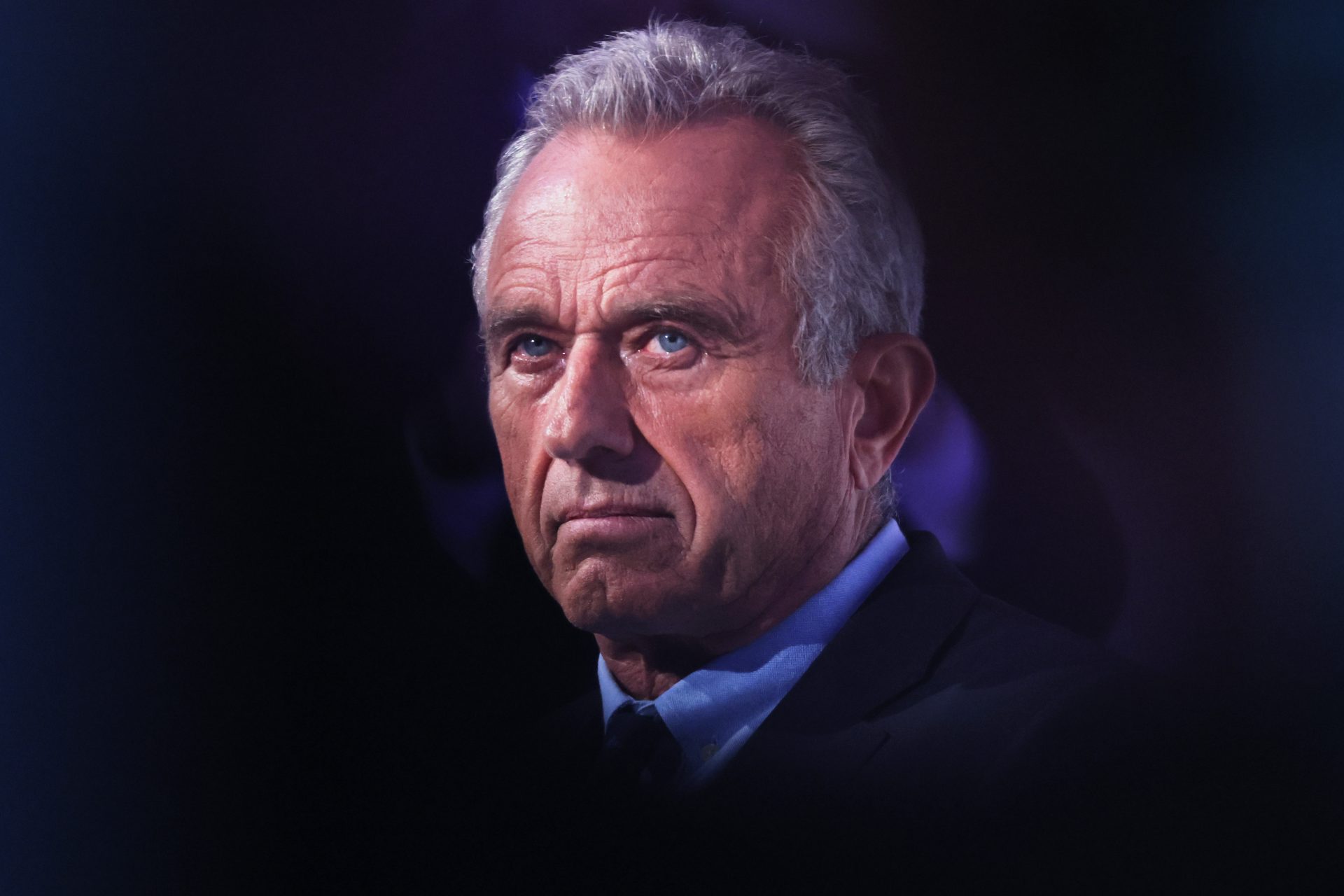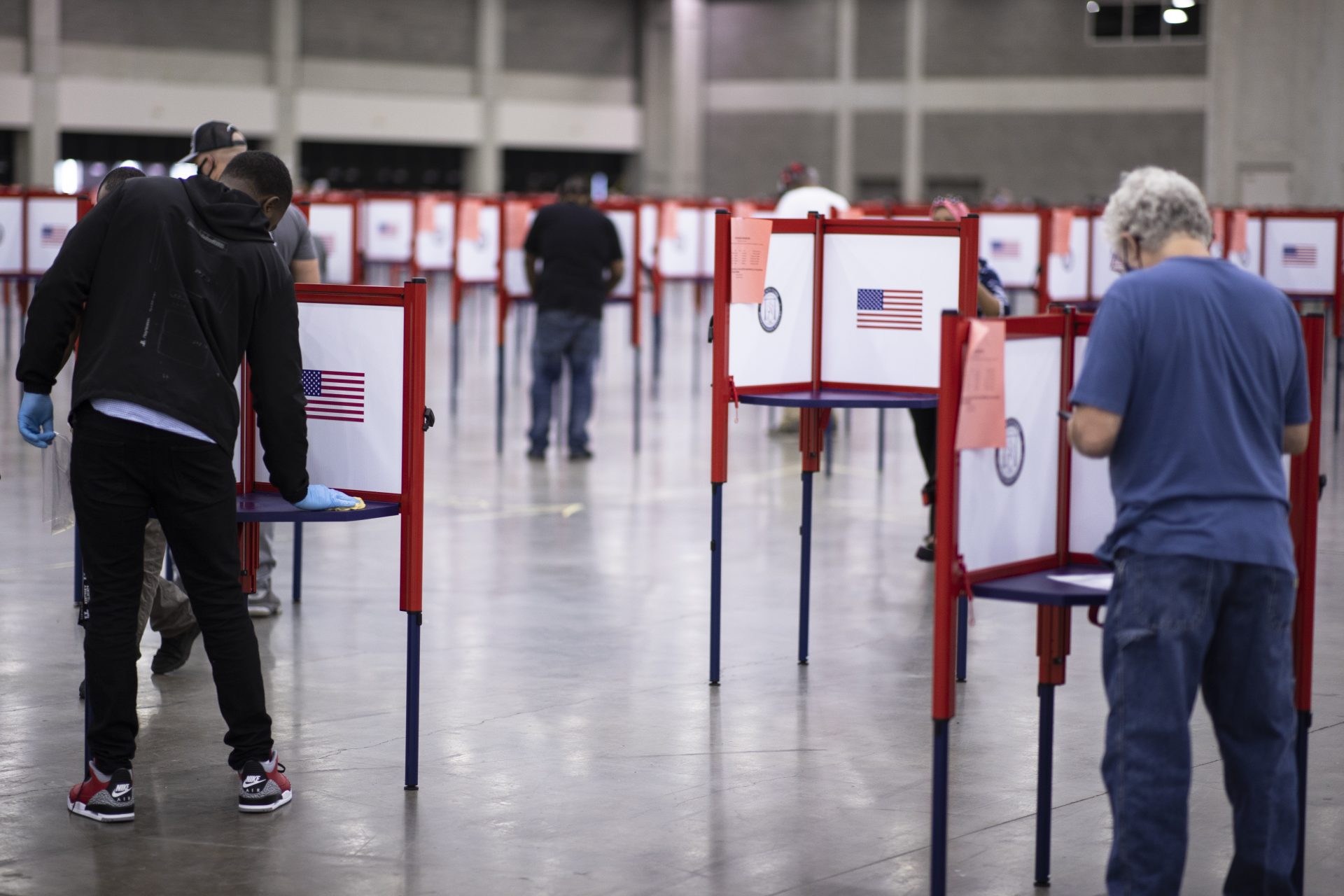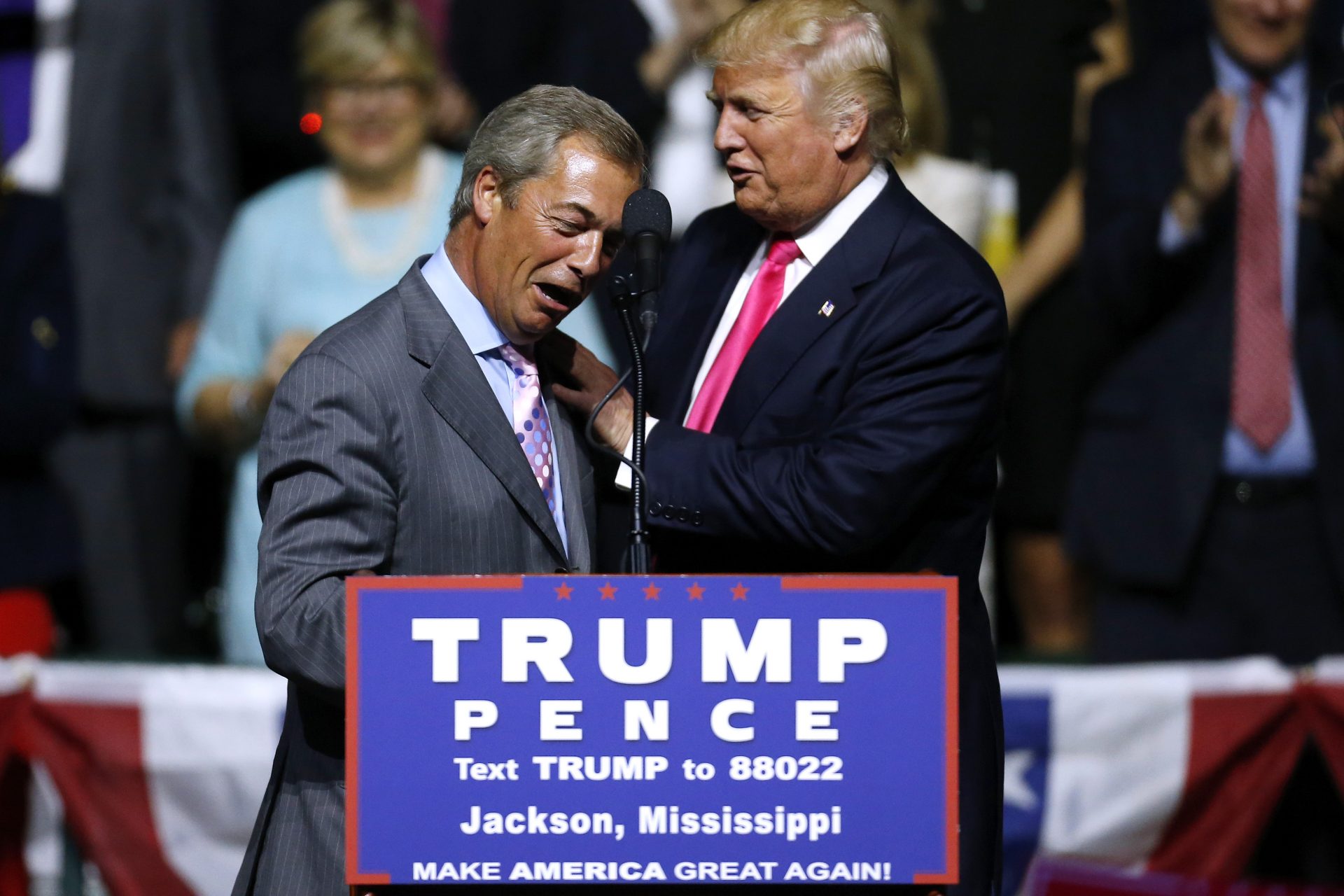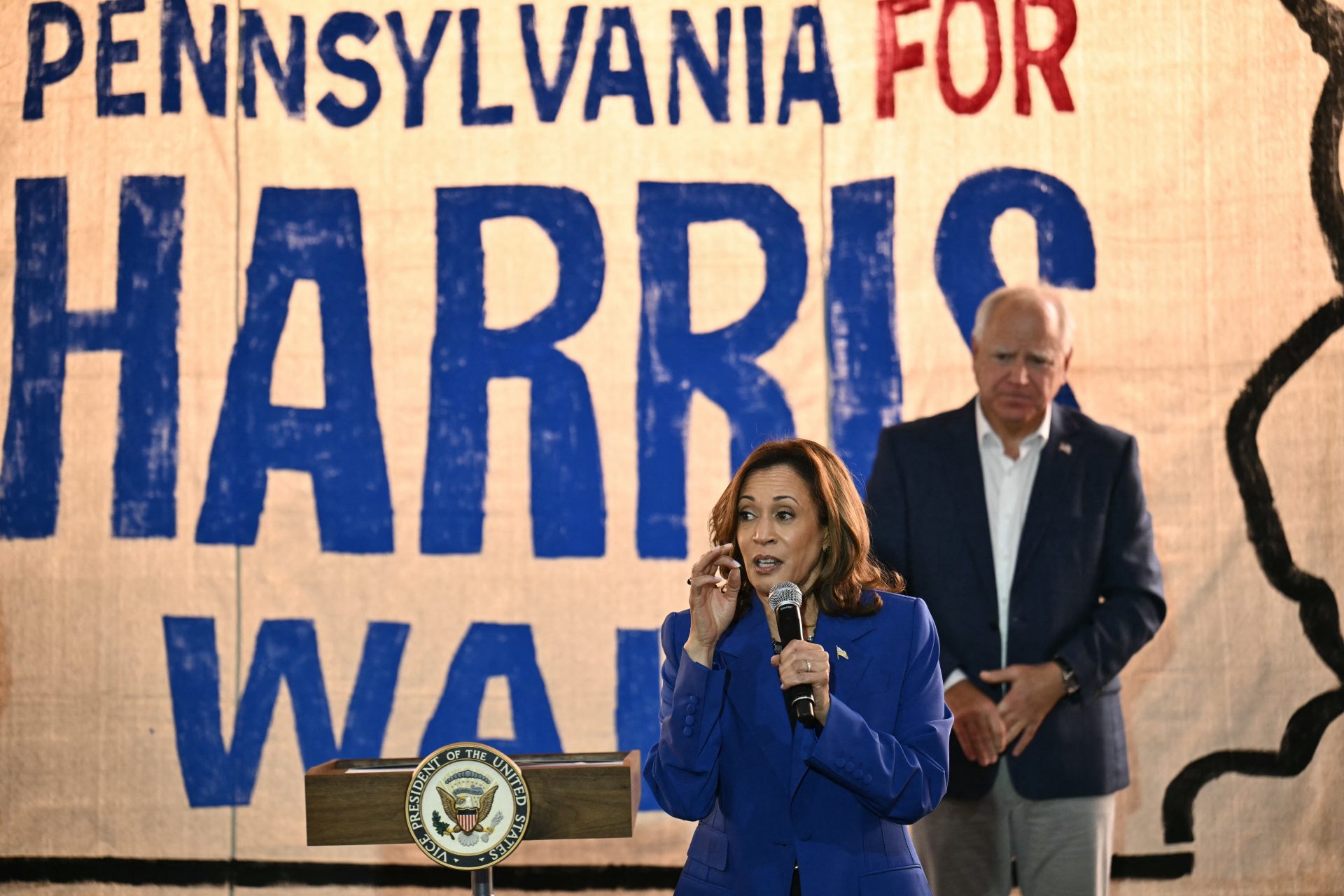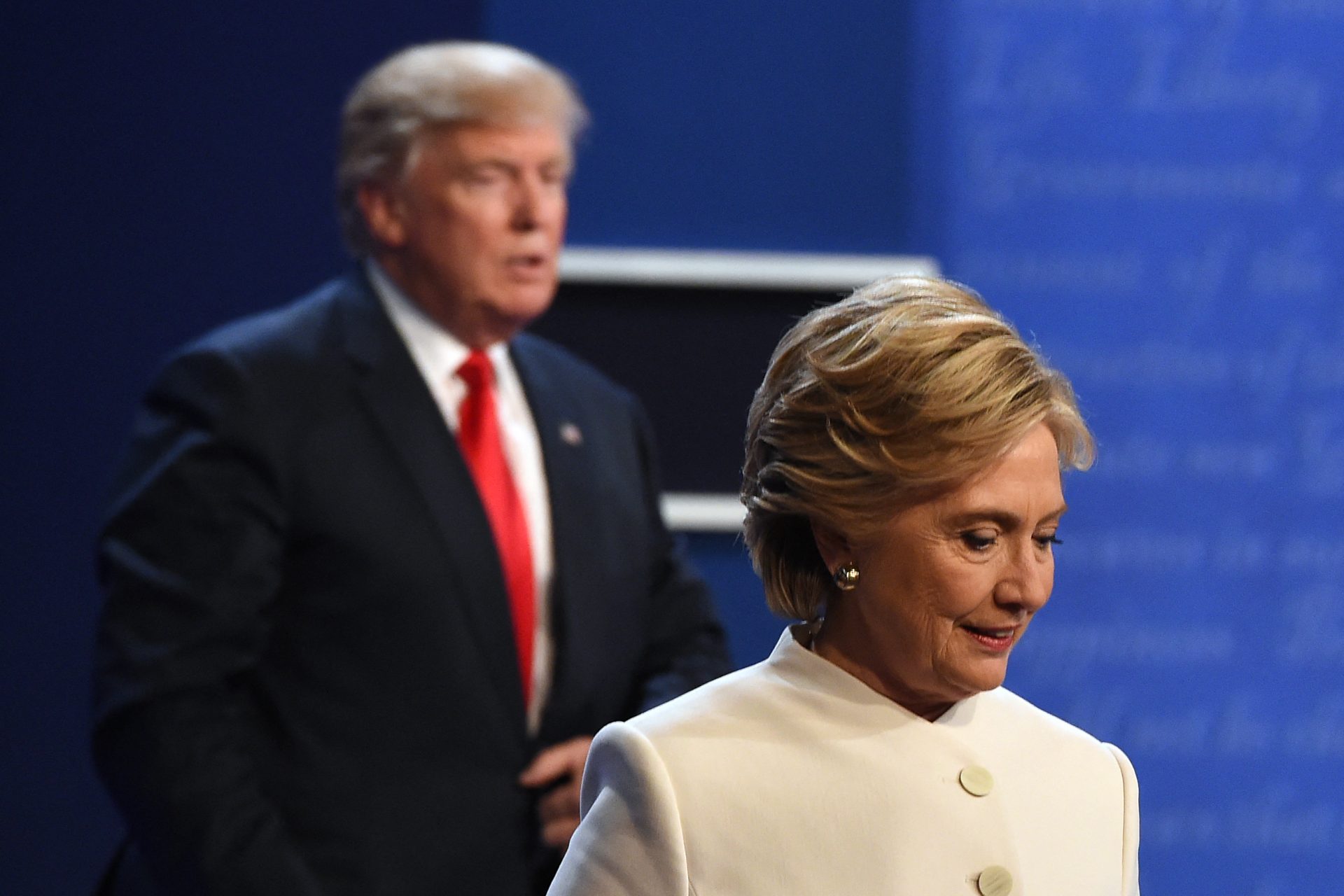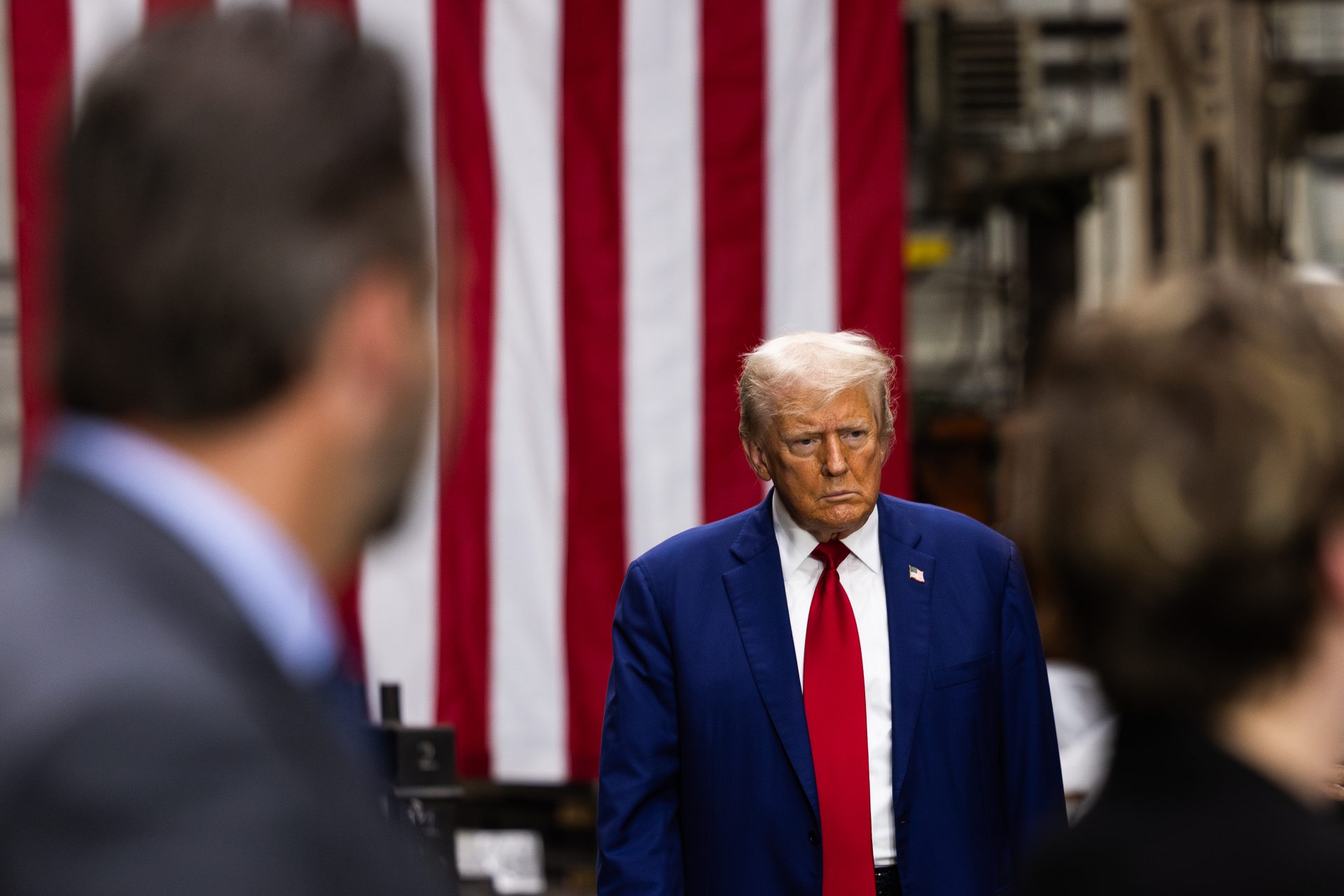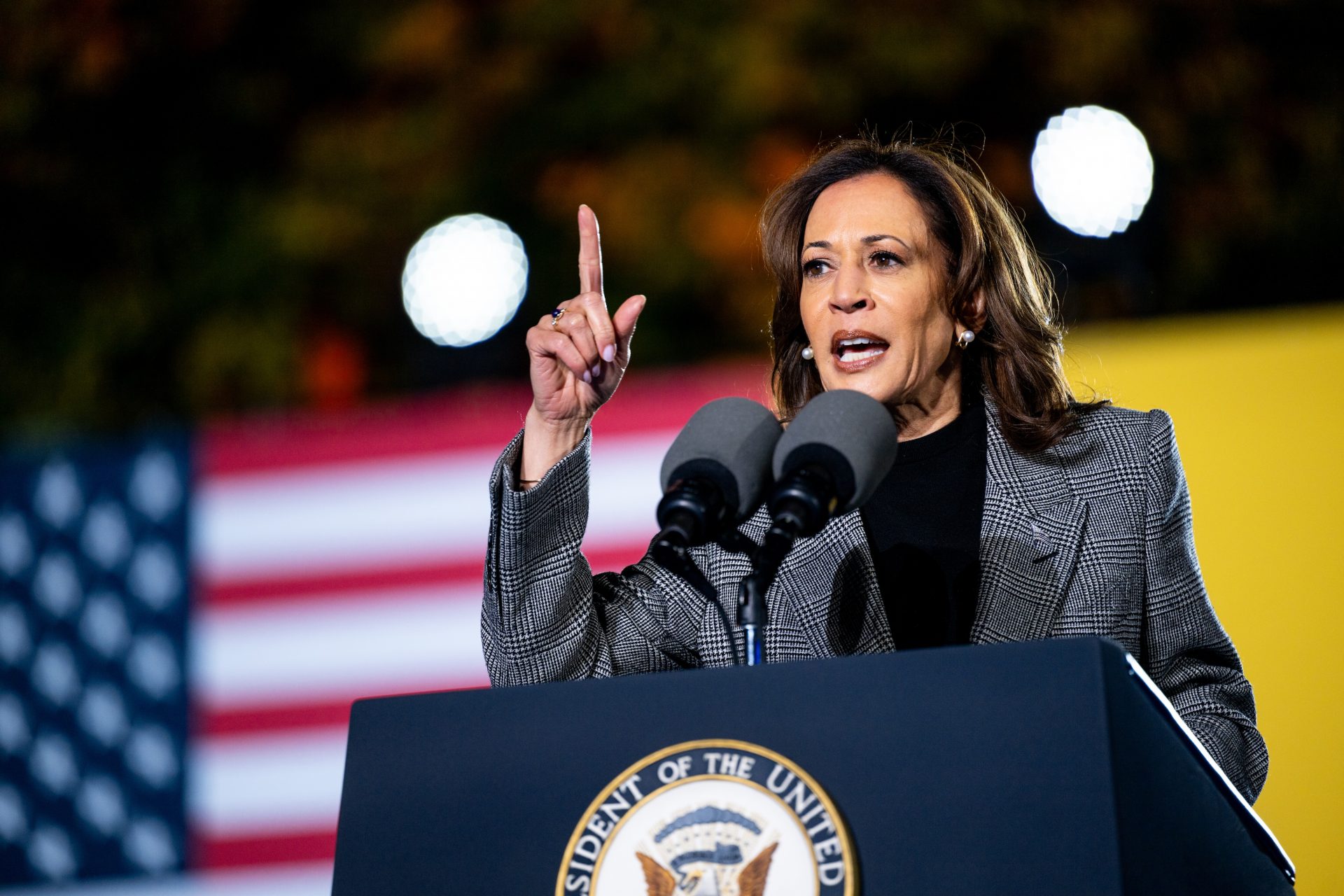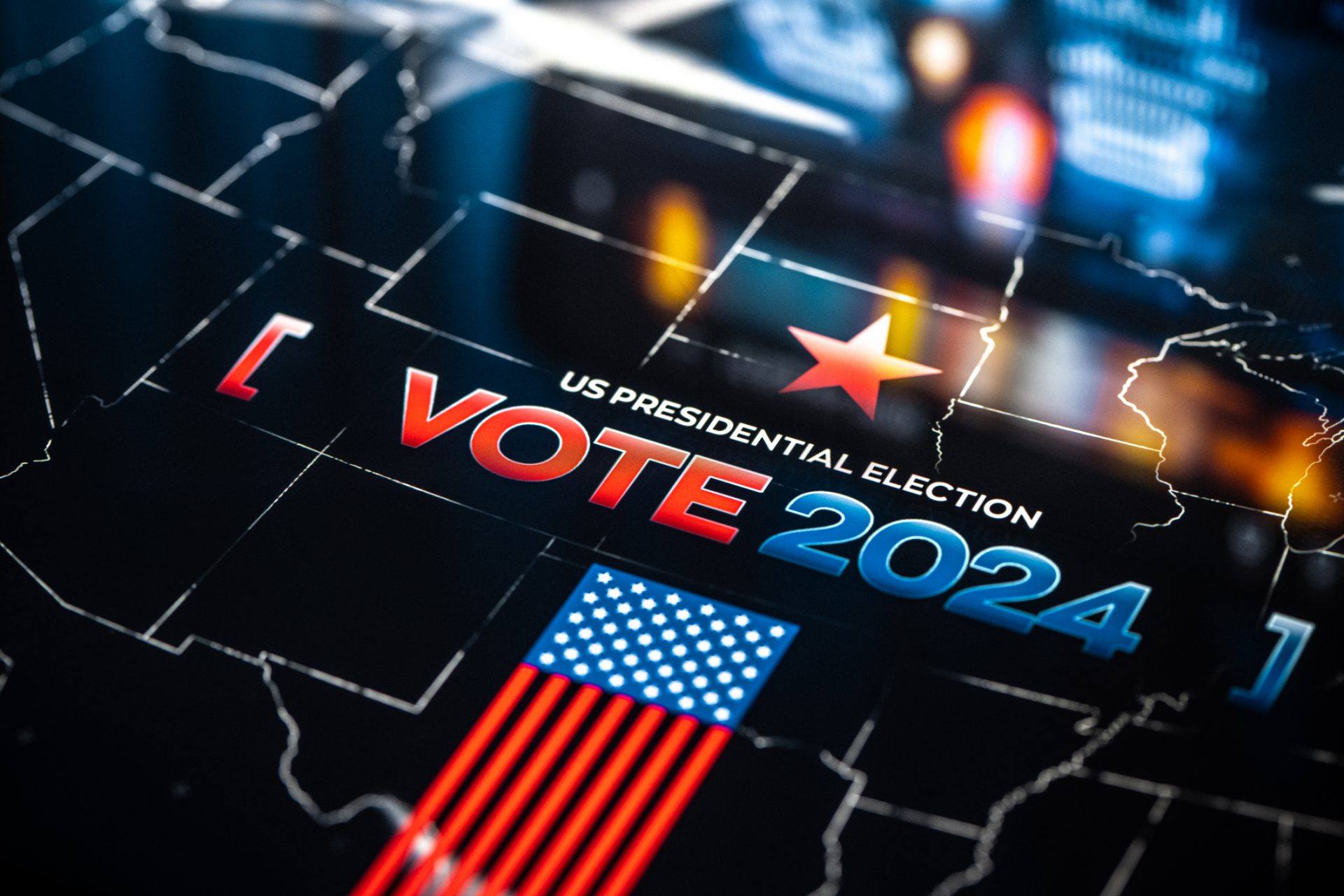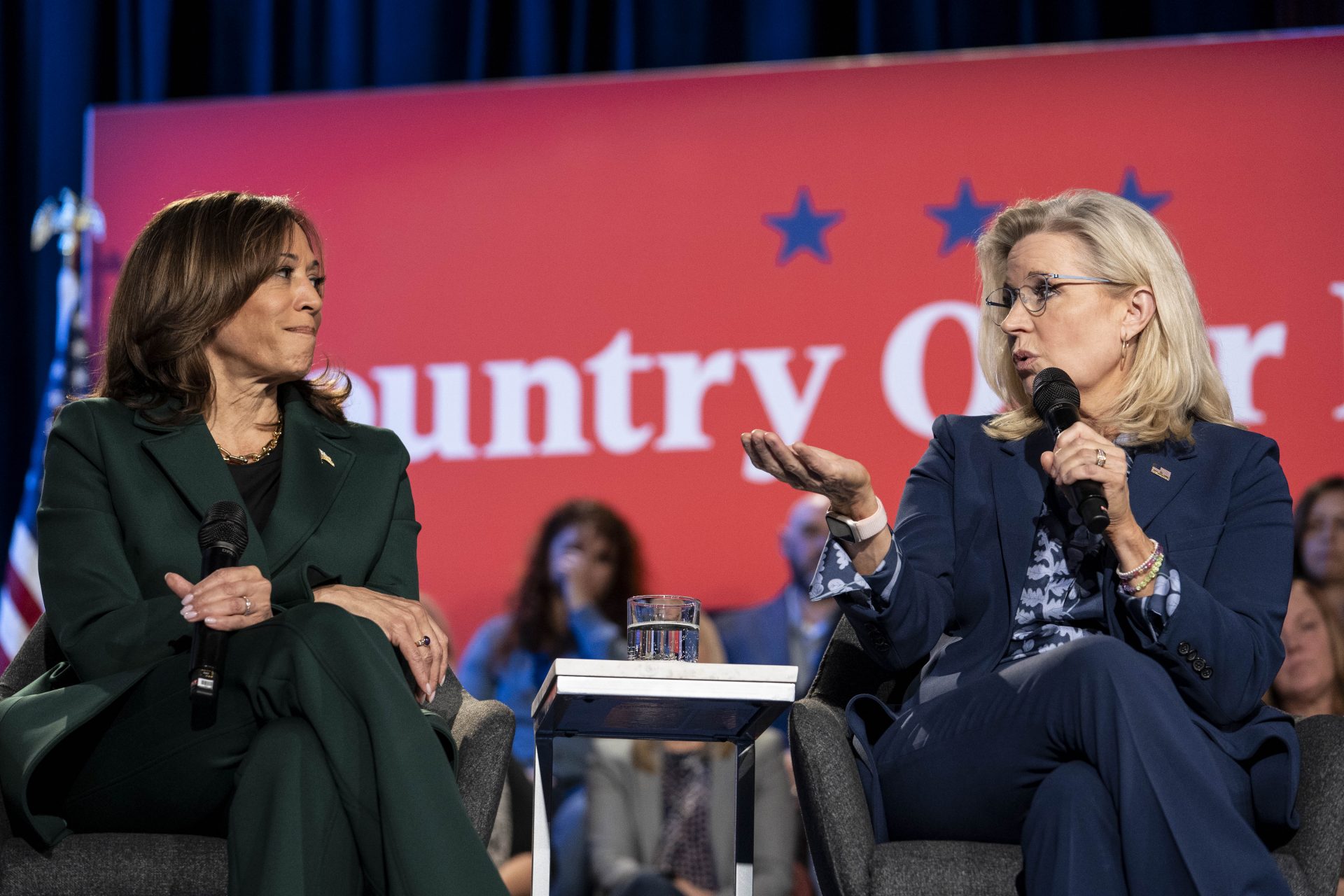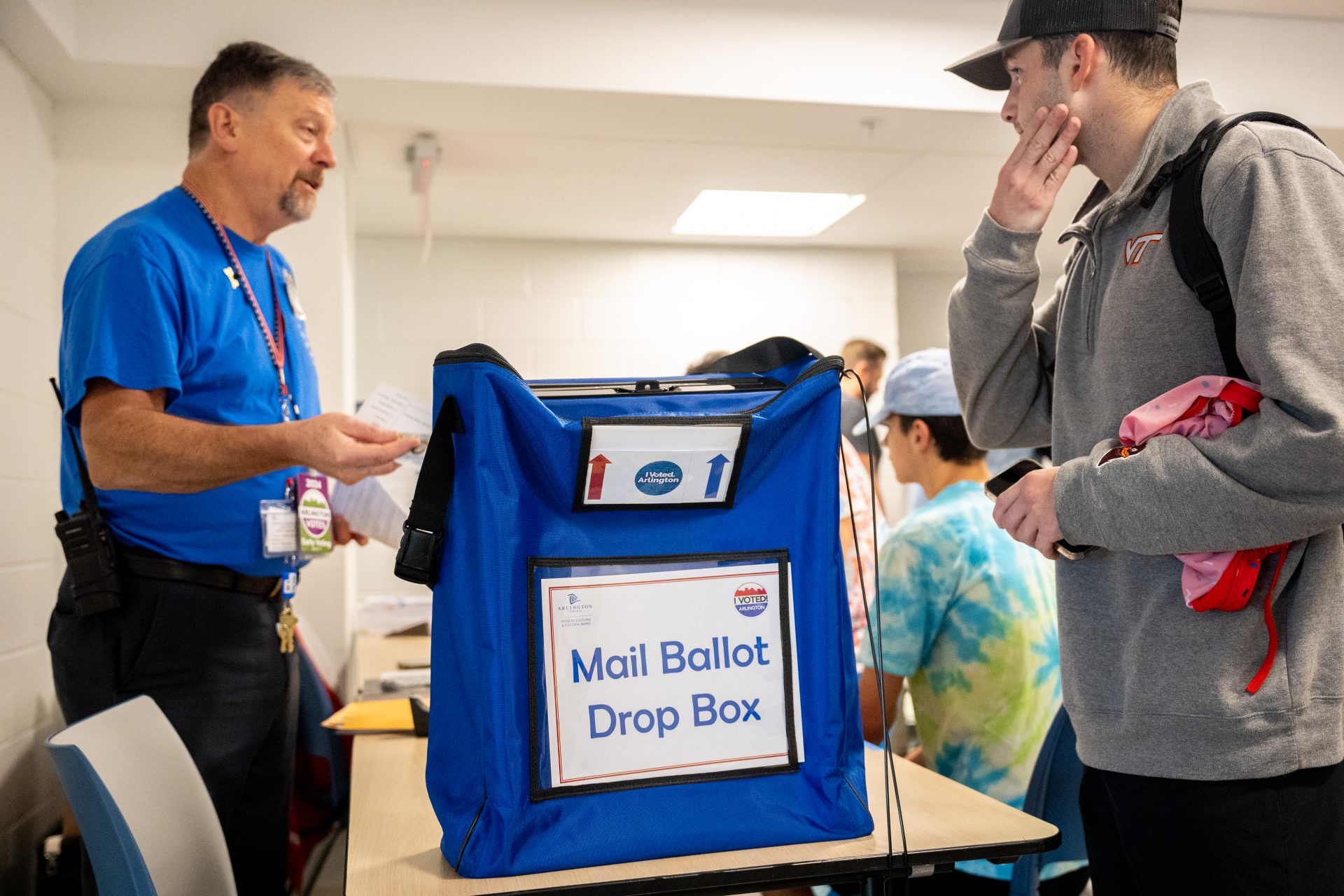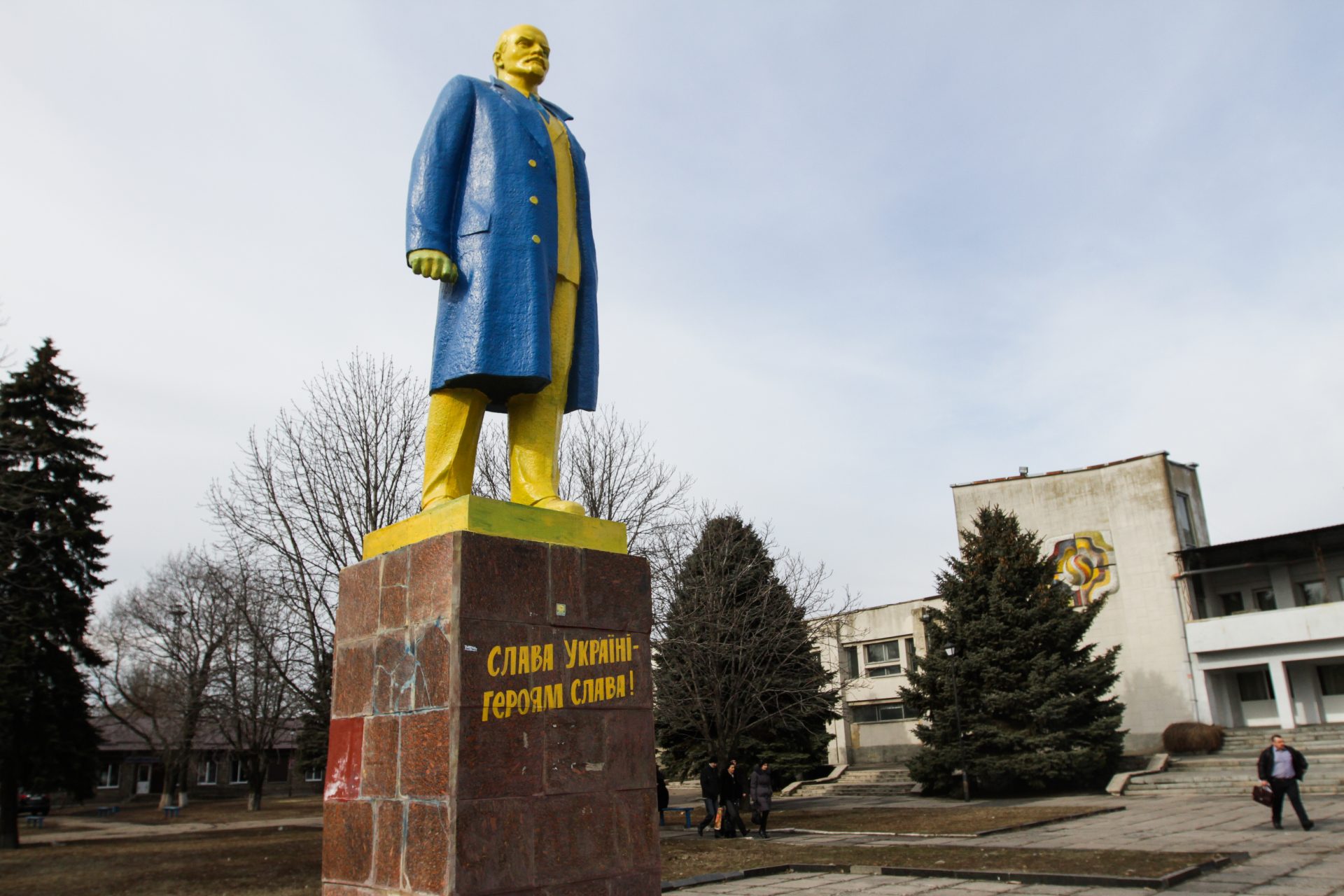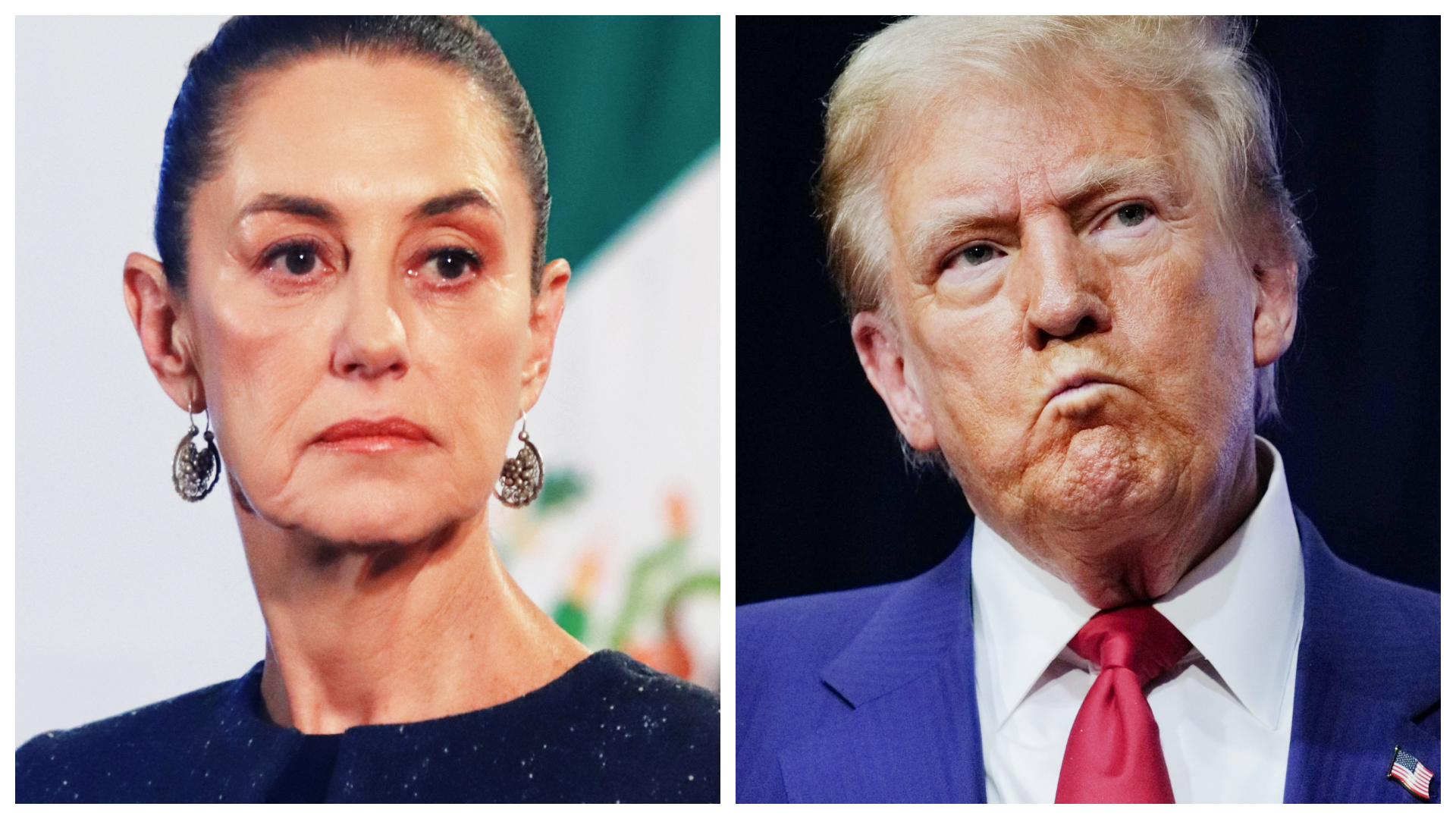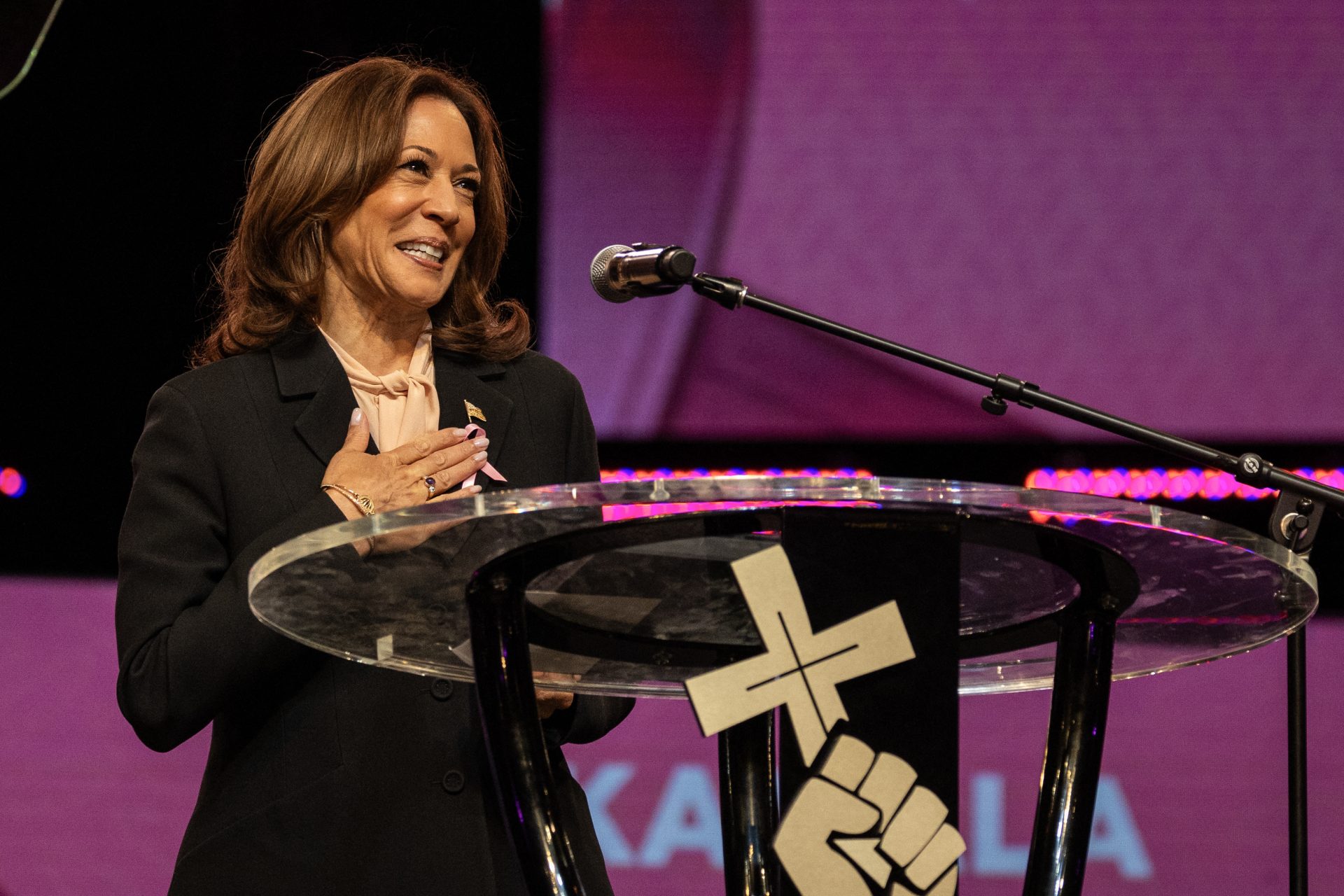Robert F. Kennedy Jr. will still be on the ballot in two battleground states
The Supreme Court rejected an emergency appeal to remove Robert F. Kennedy Jr. from the ballot in two battleground states: Wisconsin and Michigan.
The candidates alleged that the states wrongly implied he wanted to be President by keeping him on the ballot, violating his First Amendment rights.
The court did not detail the reasons for the rejection, but his name might have a crucial effect in a tight election, particularly in battleground states.
The states said it was too late to remove him from the ballot when he announced he was dropping out of the race in battleground states to avoid hurting Former President Trump, who he endorsed.
According to AP News, Mr. Kennedy cited free speech, the war in Ukraine, and “a war on our children” as the main reasons he left the Democratic party.
The independent candidate said those issues were also behind his decision to back Mr. Trump during a rally in Phoenix, Arizona, in late August.
According to AP News, Mr. Kennedy tried to reach agreements with both parties in exchange for a position in the new administration, particularly in health. Mr. Kennedy has prominently shared his anti-vax positions.
Harris rejected his attempts, but Mr. Trump told CNN he would be open to a deal. Mr. Kennedy has joined him in several rallies, including his infamous one in Madison Square Garden.
The court decision fritters Mr. Kennedy’s attempt to redirect his votes toward the Republican candidate. It is the second time he lost a similar battle: he wanted to stay on the ballot in New York.
The RFK Jr. campaign was in a tight spot from the beginning, but after President Biden dropped out of the race, according to CNN, they lost around half of their voters and kept only 5% of the electorate.
The percentage looks high in such a tight race. However, in Augusts, experts doubted the effect Mr. Kennedy’s endorsement could have on the results.
CNN's John King, who focuses on voters in battleground states, analyzed the effect of third-party candidates and Mr. Trump's percentage of voters in the previous two elections.
Mr. King argues that Kennedy dropping out would only benefit Vice President Harris, even if his voters return to Mr. Trump. He demonstrated this by analyzing the results from 2016 and 2020.
In any of those elections, Mr. Trump did not attract a majority of the voters in battleground states. The main difference in the results was the percentage of voters who backed the Democratic candidate.
Mr. King pointed out that, in 2020, when Mr. Biden gathered more support in battleground states, third-party candidates received less than 3% of the vote. In 2016, independents took 6%.
So, if this election is similar in any way to the past two, the presence of a third candidate would only affect Democrats, as Mr. Trump's turnout has been similar in both elections.
More for you
Top Stories



